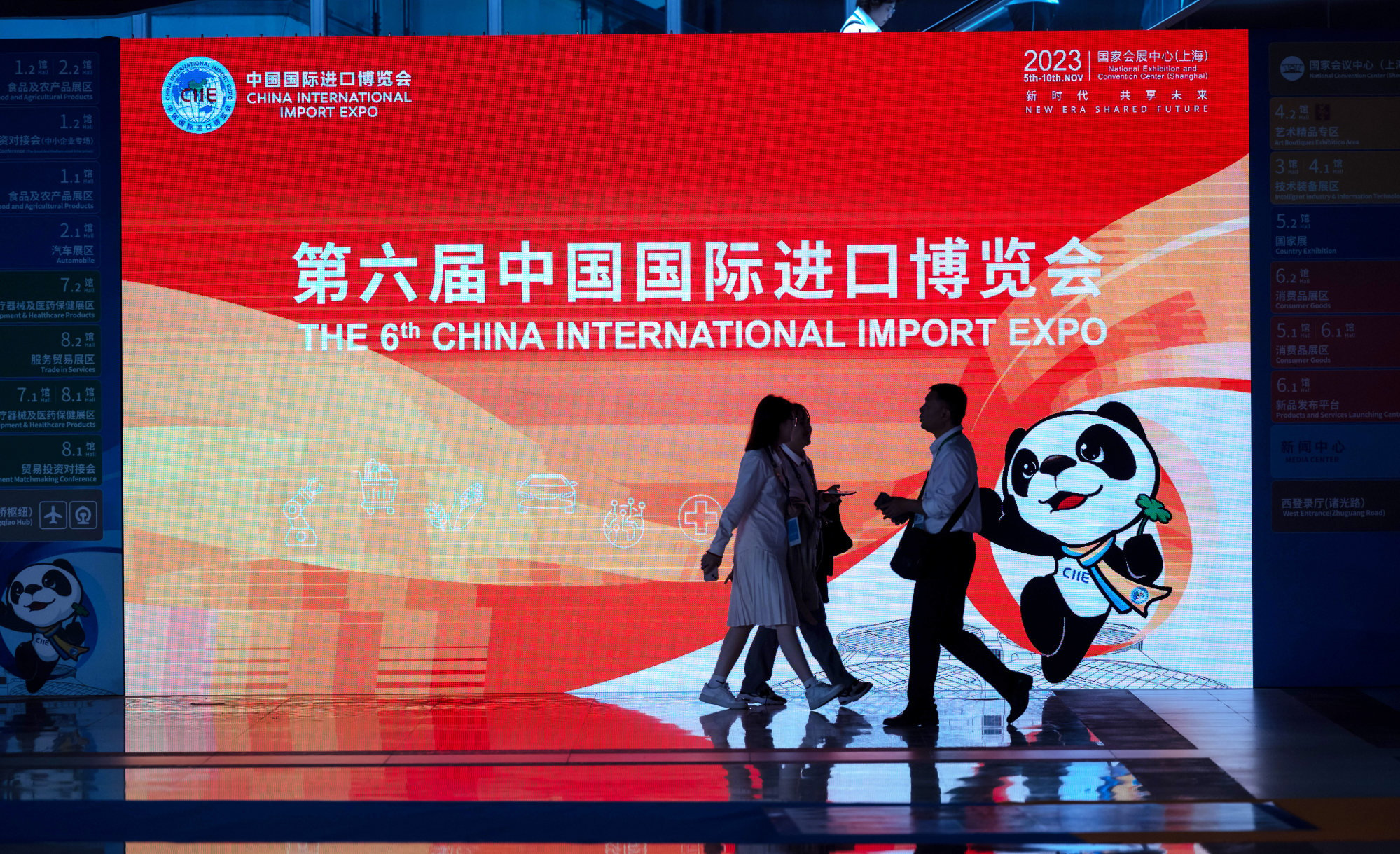Jerry Zhang, CEO of the emerging-markets focused lender’s China business, said third-quarter economic data added to evidence that business and commercial activities in the world’s second-largest economy were strengthening.
The revision follows Beijing’s decision to issue 1 trillion yuan (US$137.3 billion) of sovereign bonds while allowing local governments to front-load part of their 2024 bond quotas.
For the quarter ending September, China’s GDP grew 4.9 per cent year on year and 1.3 per cent quarter on quarter, which Zhang described as encouraging signs of the economy’s resilience.
“You can see that even when China’s economy was stuck in a difficult situation, Standard Chartered showed an upbeat mood about its mid- and long-term outlook,” Zhang said, adding that the bank’s investments in its mainland operations were proceeding smoothly.
In February 2022, Standard Chartered said it would spend an additional US$300 million by 2024 to reinforce its mainland businesses, including expanding its retail banking outlets and digitalising its operations.
Can emerging industries replace the property sector as China’s stalwart ‘pillars’?
Can emerging industries replace the property sector as China’s stalwart ‘pillars’?
Standard Chartered late last month reported worse-than-expected earnings for the third quarter because of high impairment charges related to exposure to mainland China’s property sector.
The company, which generates much of its revenue in Asia, reported US$633 million in pre-tax profit, a decline of 54 per cent from US$1.39 billion last year, missing analysts’ estimates of US$1.49 billion polled by Bloomberg.
Standard Chartered took credit impairment charges of US$294 million during the quarter, an increase of 37 per cent from a year earlier. This included a further US$186 million related to its mainland commercial property portfolio as a debt crisis in the real estate sector shows no signs of abating and economic growth remains sluggish.
The bank has provided US$1.1 billion in loans to the mainland’s property sector over the last two years.

“Domestic and foreign banks will have to cut their reliance on the troubled property sector in the coming years while increasing loan exposure to new-energy and consumer businesses,” said Ding Haifeng, a consultant at Shanghai financial advisory firm Integrity.
“Overall, China’s economy, based on its scale and diversity, will still attract foreign investment, although the growth momentum will slow down.”
The CIIE, the world’s largest import trade fair, started on Sunday and will run until Friday.

